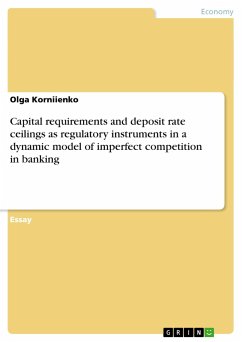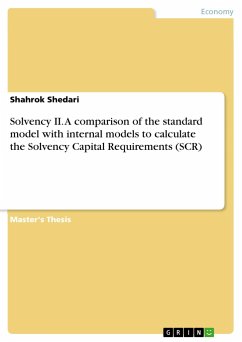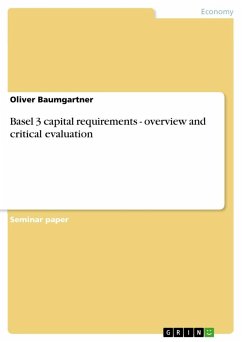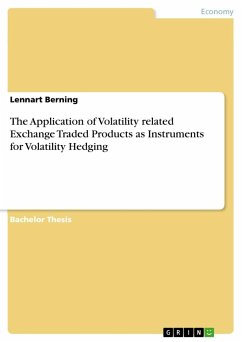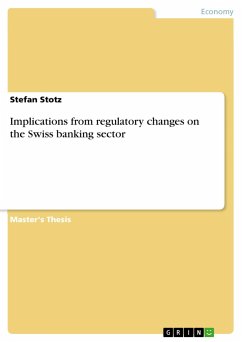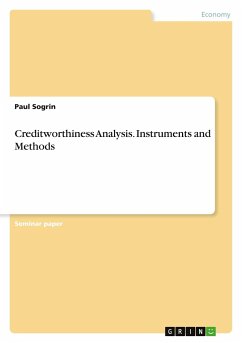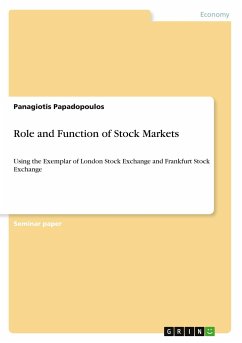Essay from the year 2011 in the subject Business economics - Banking, Stock Exchanges, Insurance, Accounting, grade: 1,7, Martin Luther University (Finance and Banking), course: Seminar in Banking and Competiton , language: English, abstract: An increase in financial liberalization in the banking sector leads to a growth in competition that destroys the future profits of the banks and therefore their franchise value, - a present value of the future gains. The probability of good loans decreases and involves a moral hazard problem. It leads to bigger incentives for the banks to invest in the gamble assets. Competition has always been regarded to be an environment of extreme risk-taking and as a result, it takes a lot of measures to control the amount invested in the risky assets, and motivation of the prudent behavior of the banks. The most important instruments of regulation that will be taken into account in the paper are capital regulations and deposit rate ceilings in the context of dynam-ic model of imperfect competition according to Repullo (2004). In this model, banks can invest either into the prudent asset (riskless) or gambling asset (risky). Without any regulations there are two potential types of equilibrium, which are, prudent equilibrium, where the banks invest into the riskless assets and gambling equilibrium, in which the banks invest into the risky assets. The expected payoff of the prudent asset is higher than the expected payoff of the gambling asset, but the latter gives a higher return if the gamble turns out well. The intermediation margin of the banks in prudent and gambling equilibrium is equal to the relationship between the transportation costs and the number of banks. This represents the so called market power of the banks.
Hinweis: Dieser Artikel kann nur an eine deutsche Lieferadresse ausgeliefert werden.
Hinweis: Dieser Artikel kann nur an eine deutsche Lieferadresse ausgeliefert werden.

